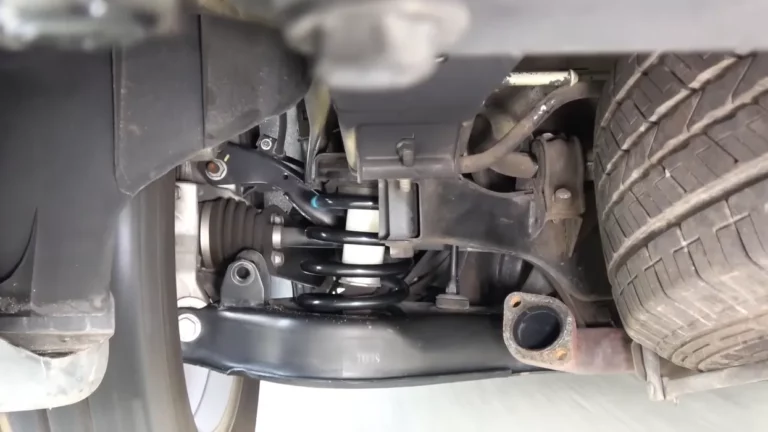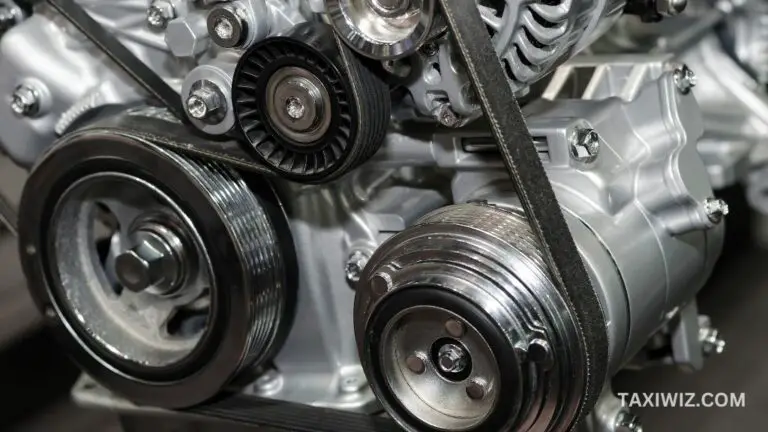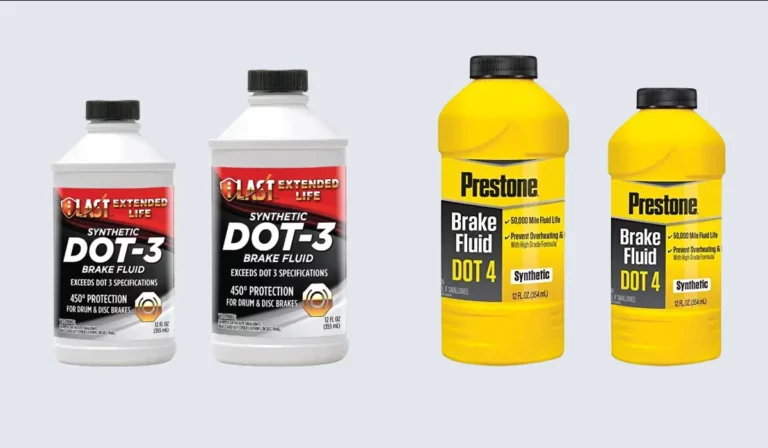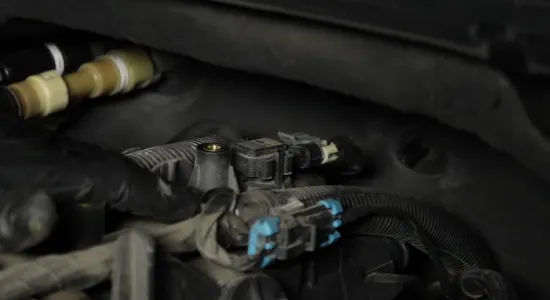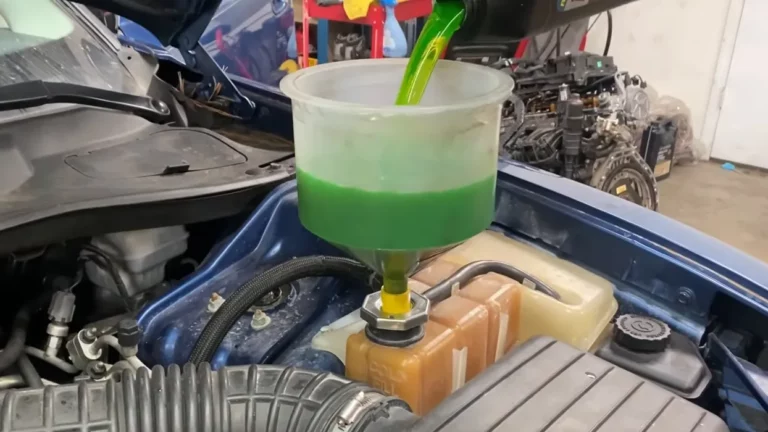Can You Use Water Instead of Coolant in the Summer?
Coolant, also known as “Antifreeze”, is what we put inside the radiator of our cars. Depending on whether it’s summer or winter, coolant plays different roles. In winter, it prevents the liquid from freezing, and in summer, it prevents overheating.
As coolant plays the role of cooling down the engine in hotter seasons, can you use water instead of coolant in the summer? The short answer is no. This is because water can lead to complexities such as:
- Failure to cool the engine
- Lead to corrosion
- Permanent overheating issues
However, there’s more to it. You technically can use water in emergencies. Today, we’ll discuss the consequences of using water instead of coolant, and share when you can make an exception.
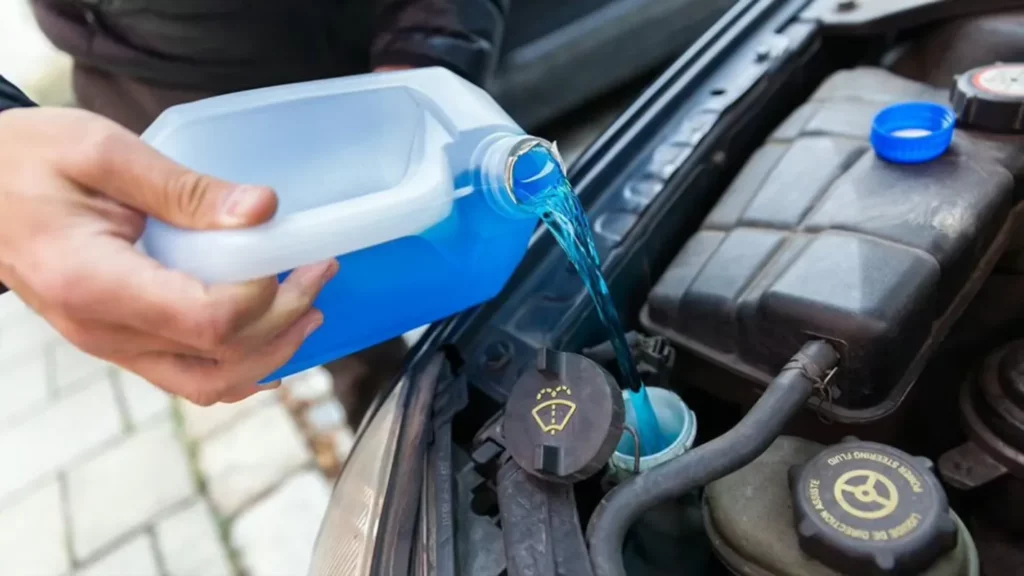
Differences Between Coolants and Water
Engine coolants can be made of three different technologies. These are:
- Inorganic acid technology (IAT)
- Organic acid technology (OAT)
- Hybrid organic acid technology (HOAT)
Among the three, IAT is the oldest technology and it lasts the shortest. OAT is relatively newer and HOAT is the newest, and these two last around 5 years.
Regardless of the technology, the fundamentals of these three remain more or less the same. However, all three vary greatly from water. The fundamental differences between coolant and water are as follows:
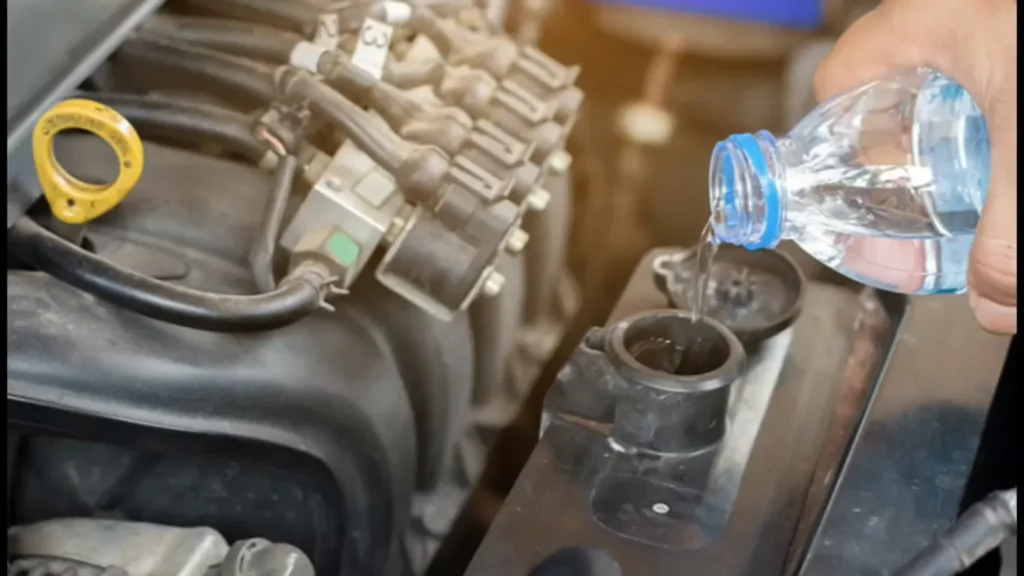
Boiling Point
When you start your vehicle, the engine heats up rapidly. Any engine will reach a functional temperature that’s way beyond the boiling point of water.
Coolants are specially designed to have a high boiling point so they can withstand the heat generated by the engine.
Here, water fails drastically. This is especially true for summer. In summer, the water will boil over or steam minutes after you start your car, and the radiator will eventually run out of water.
This will force you to stop the car often and add more water to keep the engine from overheating.
What’s more, you’ll have to cool the engine down completely to open the radiator every time you need to add water. This process will take around 20 minutes at least, each time you add water.
Some people try to work around this by splashing water directly on the engine. Although it can cool down the engine, it’s not recommended.
It’s because the engines are made mostly of metal. Metal has an excellent capacity to expand and contract with temperature changes. The expansion or contraction doesn’t change the shape of the metal as long as it’s done gradually.
However, sudden shifts in temperature can alter the shape of the metal object. This means, cooling your engine by washing it with water will damage and may even deform it, which will require expensive replacements.
Permanent Overheating Issues
Water comes with a lot of minerals. Although the water particles boil over and steam at high temperatures, the minerals are deposited in the radiator.
Over time, these can reduce the performance of the vehicle’s cooling system, thus leading to permanent overheating issues.
Corrosion
Although coolants are liquid, their chemical constitution makes them inert to the metal the engine is made of. However, water reacts with the metal proactively, and it can form rust on the inside of the cooling system.
The formation of rust can make the components brittle and make them less effective. This is another fundamental difference between coolant and water.
When Should You Use Water Instead of Coolant?
Despite all the drawbacks of using water instead of coolant, you can opt for water in dire emergencies.
If your radiator is completely out of coolant for some reason, then it’s better to have water, as it’s better than having absolutely nothing.
If you leave your engine running with no or low levels of coolant, then it’ll eventually overheat. We can’t stress this enough, but you must take every possible step to prevent engine overheating. Using water can be a quick fix.
In case there are low levels of coolant, you can add water to increase the amount. However, you’ll need to check the level of glycol and the appropriate amount of water to restore the glycol level to safety limits.
One may not have the required tools to check the glycol level in times of emergency. In this case, one can use a mix of one part water and one part coolant.
It’s important to note that while it’s advised to run the engine on water in emergencies, one shouldn’t drive around too long with water in the radiator.
The longer the water is left in the radiator, the more damage you’re subjecting the cooling system to.
So, make sure to visit a repair shop as early as possible.
Related Post: Rusty Coolant Explained!
Does it Matter Which Type of Water You’re Putting in the Radiator?
Water isn’t suitable for use in the radiator of your vehicle, to begin with. Then again, if it’s unavoidable, it’s better to pick certain types of water over others. This is because certain types of water can pose a greater risk to your vehicle than others.
The first type of water that you should avoid is tap water.
Tap water comes with the most amount of minerals, and these can easily precipitate inside the radiator. This is dangerous as it can damage the component in the long term. The same goes for spring water.
Instead of these, we recommend using distilled water, soft water, or purified water. These come without the elements that put your engine at risk.
Remember that even these types of water won’t serve you as well as coolants.
Does a Car Engine Overheat While Running on Water?
The boiling point of water is 212° Fahrenheit, whereas the boiling point of the average coolant is 223° Fahrenheit. Although the difference might seem minimum, it can make a huge difference when it comes to cooling off the engine.
Due to the higher boiling point, coolant remains a much more effective cooling solution. Water does a relatively effective job of keeping the engine cool. However, once the engine starts heating beyond 212°, the water starts to boil up.
In certain cases, the water can even evaporate if the radiator has any leaks through the cap. The engine is likely to overheat in such cases.
Frequently Asked Questions [FAQs]
How Long Can I Use Water as Coolant?
You shouldn’t rely on water for more than 600 miles of driving. In summer, the span should even decrease due to the environmental heat.
How Far Can You Drive Without Coolant?
The exact distance depends on the engine, but regardless, you won’t go that far till the engine overheats and the vehicle comes to a halt.
How Fast Do Cars Lose Coolants?
Fortunately, cars lose coolant rather slowly. You can expect only 0.25% of coolant loss every four to six months.
Related Post: Coolant Reservoir Boiling, But Engine Doesn’t Overheat? Causes & Solutions
Conclusion
You can’t use water instead of coolant in the summer. However, in dire emergencies, this is the only thing that can save you. Because it’s better to run your vehicle’s engine on water than on nothing.
Even then, it’s better to be picky. Rather than topping the radiator off with tap or spring water, opt for distilled or soft water.
If the level of coolant is low and you can’t find the type you’re looking for, you can carry distilled or soft water in the back for emergencies, till you find the right type of coolant.

